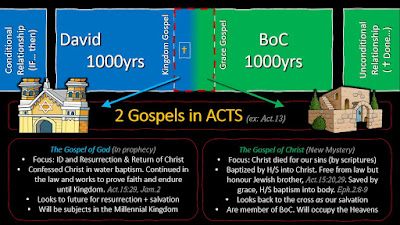The Power of Transforming Grace Seen Through Our Doctrine
In Paul’s short but profound letter to Philemon, we see a real-life application of the gospel’s transformative power. It is a letter that does not merely teach doctrine but demonstrates how doctrine must be lived. Through the example of Onesimus, Philemon, and Paul, we are called to elevate truth above self, allowing Christ within us to reign above every carnal impulse—above grudges, revenge, ownership, greed, lusts, and the pride of life.
Onesimus: A Life Transformed
Onesimus was once unprofitable—both spiritually and practically. A runaway slave who likely stole from his master, he embodied the fallen nature of man: seeking self-will above truth, circumstance above faith. But when he encountered Paul in prison, everything changed. By the grace of God, he was begotten in bonds—he got saved and regenerated anew in Christ. His transformation wasn’t just a personal improvement; it redefined his entire identity. He was no longer just Philemon’s servant; he became a brother in the Lord.
This is the reality of salvation. We are not just improved versions of our former selves—we are made new. Onesimus, once a thief and a fugitive, became “profitable” through Christ, Phm.1:11; Tit.3:8. Not because he gained worldly wealth or influence, but because the gospel infused him with purpose. Like Onesimus, we must recognise that transformation in Christ is not about external change but about internal renewal.
Philemon: A Call to Forgiveness
Philemon had every legal right to punish Onesimus. The world would say that justice demands retribution. Carnal nature whispers: Let him suffer. Teach him a lesson. Own your rights. But Paul makes a different appeal—not based on law, but on grace.








